Featured This Month
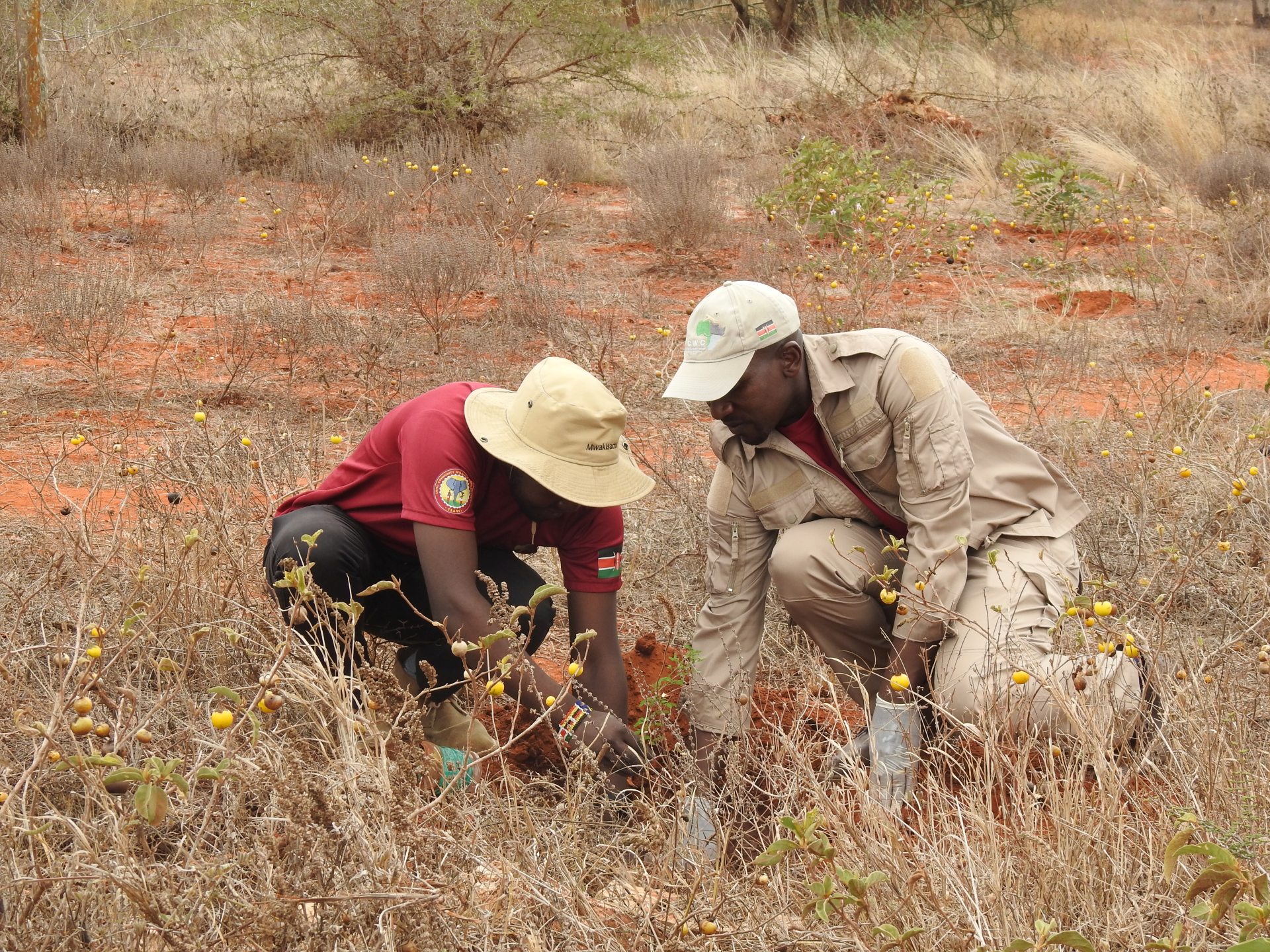
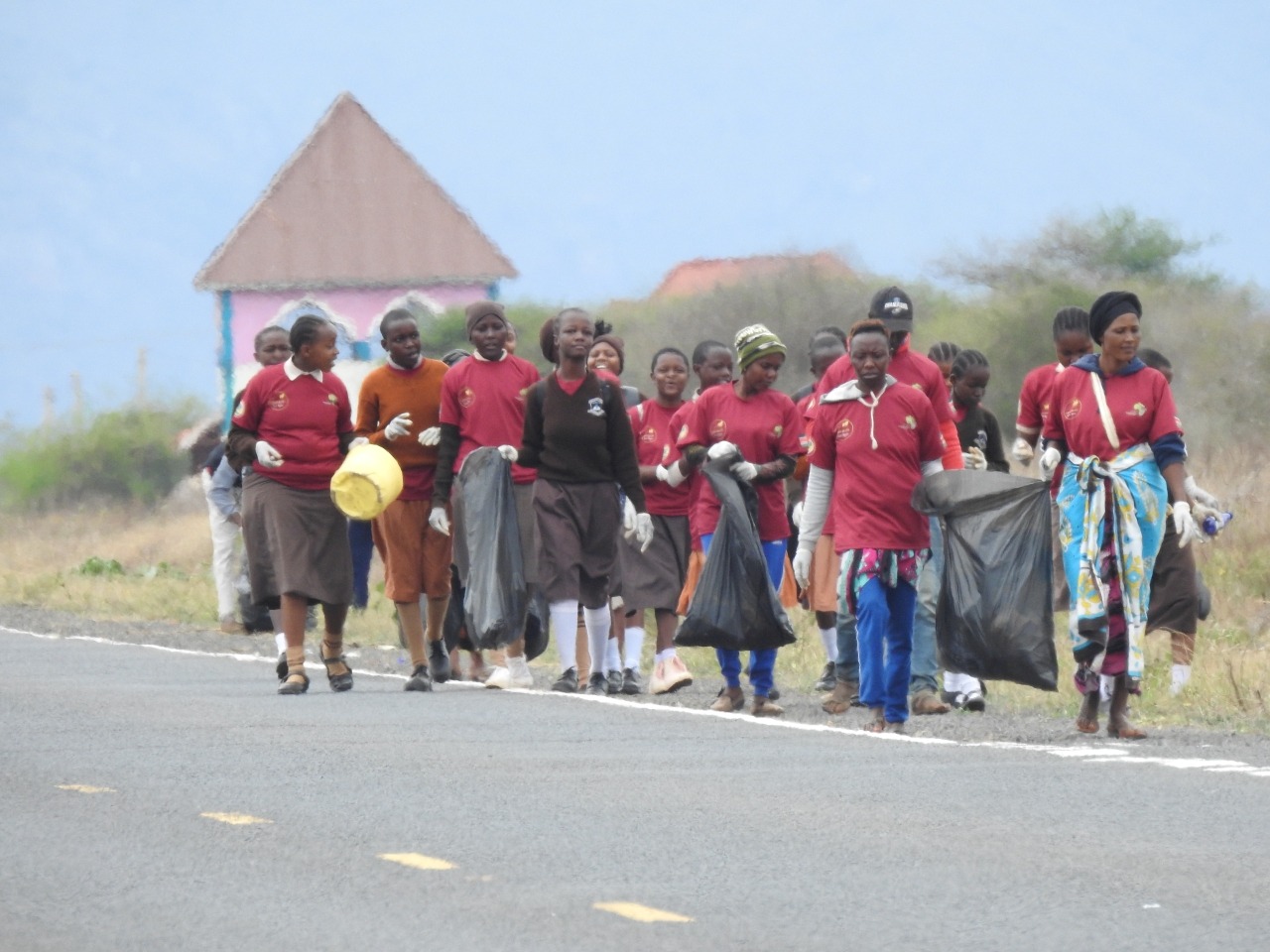
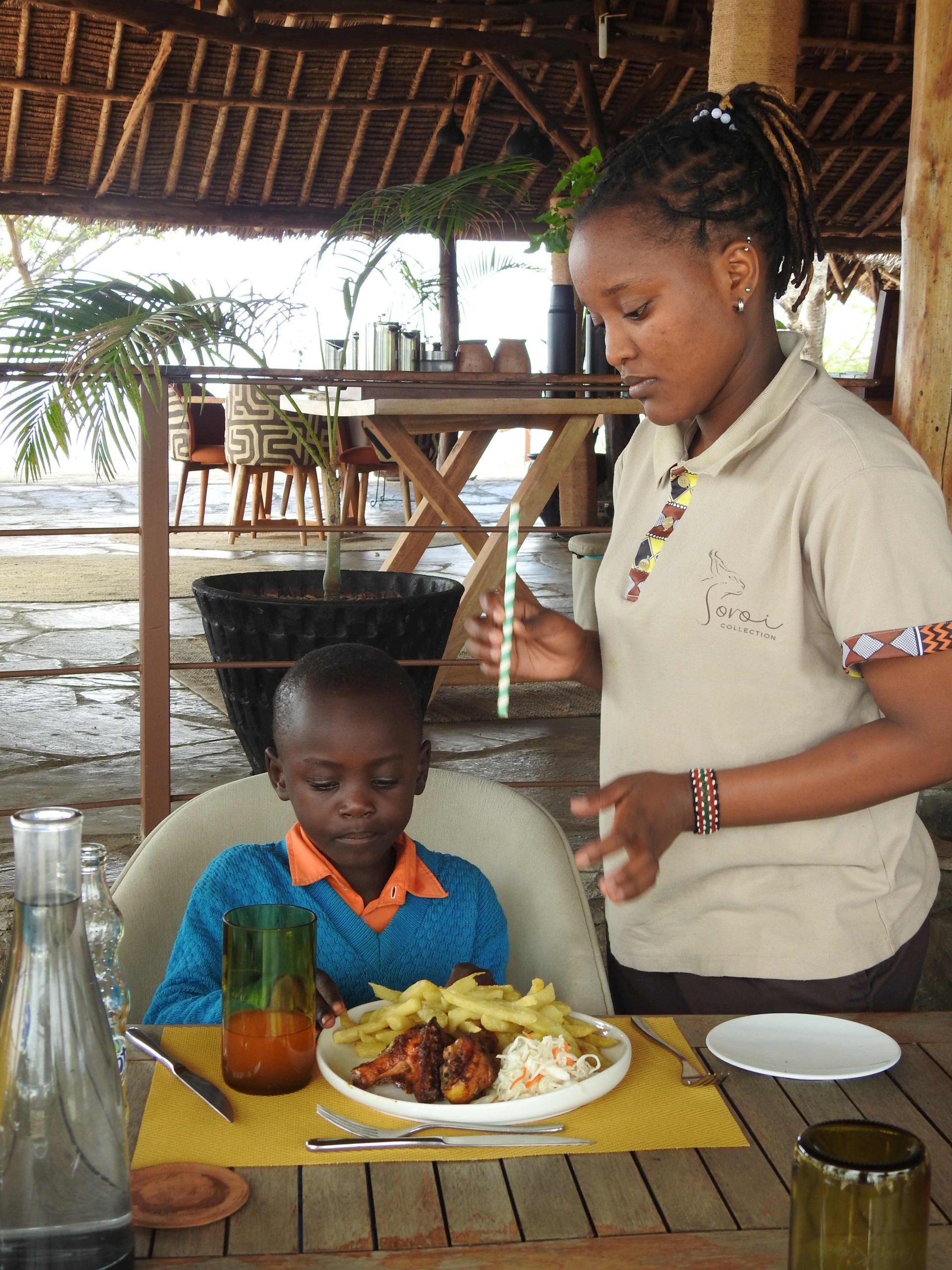
Greetings from Community & Wildlife Conservation!
Community & Wildlife & Conservation is a dynamic non-governmental organization founded in 2020, dedicated to community development and conservation efforts. We work to engage with local communities, promote sustainable practices, and protect our environment for future generations. Conservation can only happen IF the community benefits from it.
So far, during the year 2024. we have accomplished projects in different areas, revolving around creating awareness of environmental and wildlife conservation and community development projects. Our community development projects are based in communities near wildlife-protected areas and to those people who have given part of their land for conservation. This ensures that these communities get tangible benefits from wildlife conservation as they extend their support towards conservation. We are working with communities near LUMO Community Wildlife Conservancy and the immediate neighborhood of Samburu National Reserve.
The following are some of the incentives that we have accomplished;
Creating Awareness of Wildlife and Environmental Conservation
Our commitment to creating awareness of environmental conservation in addition to wildlife conservation continues. From the plastic for books projects to creating awareness of wildlife conservation, particularly bush meat, logging, and charcoal making, as these are the most immediate schools in the Oza conservation area. Also, at Samburu, we had wildlife and conservation awareness at Girgir Comprehensive School.
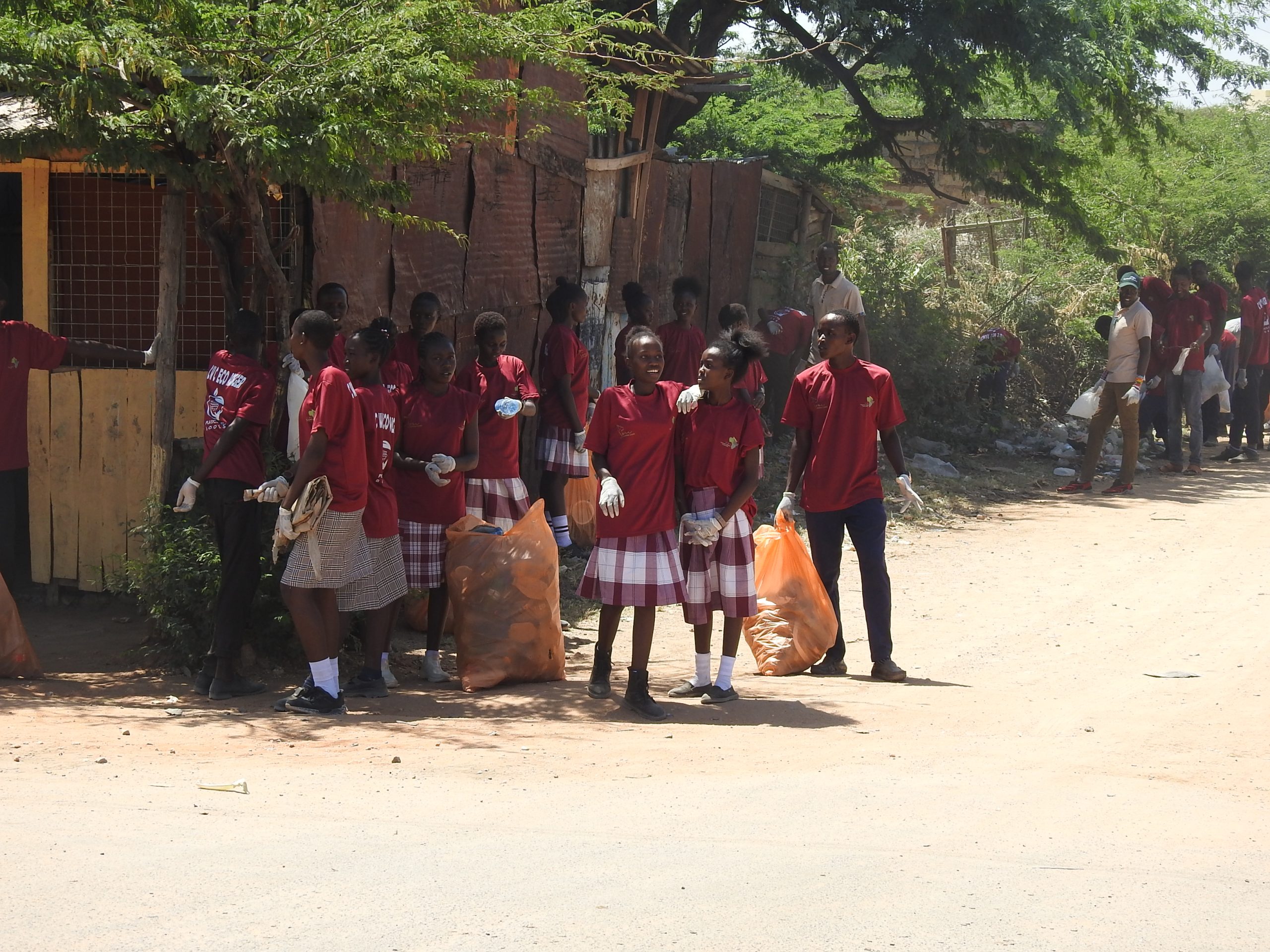
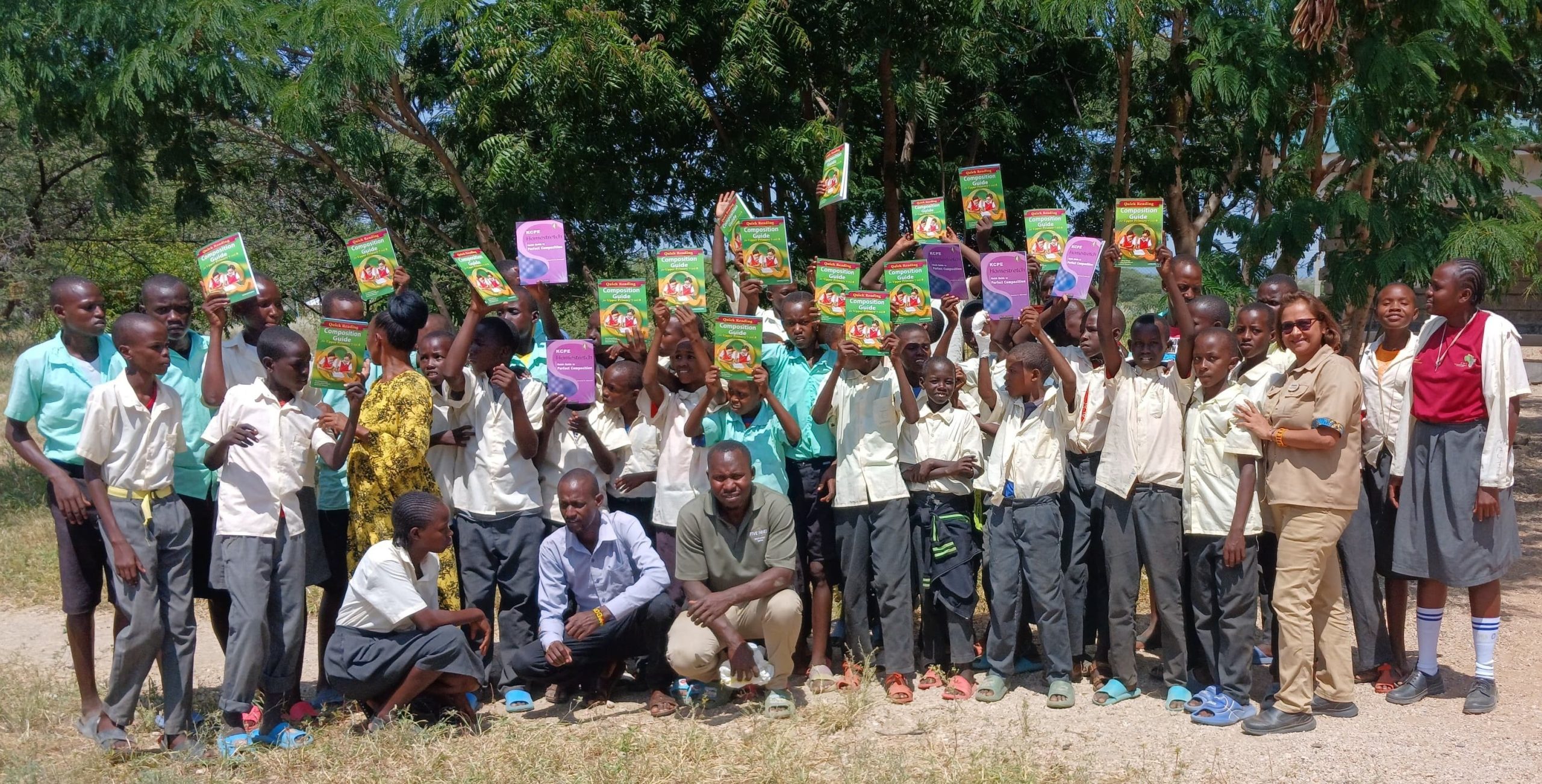
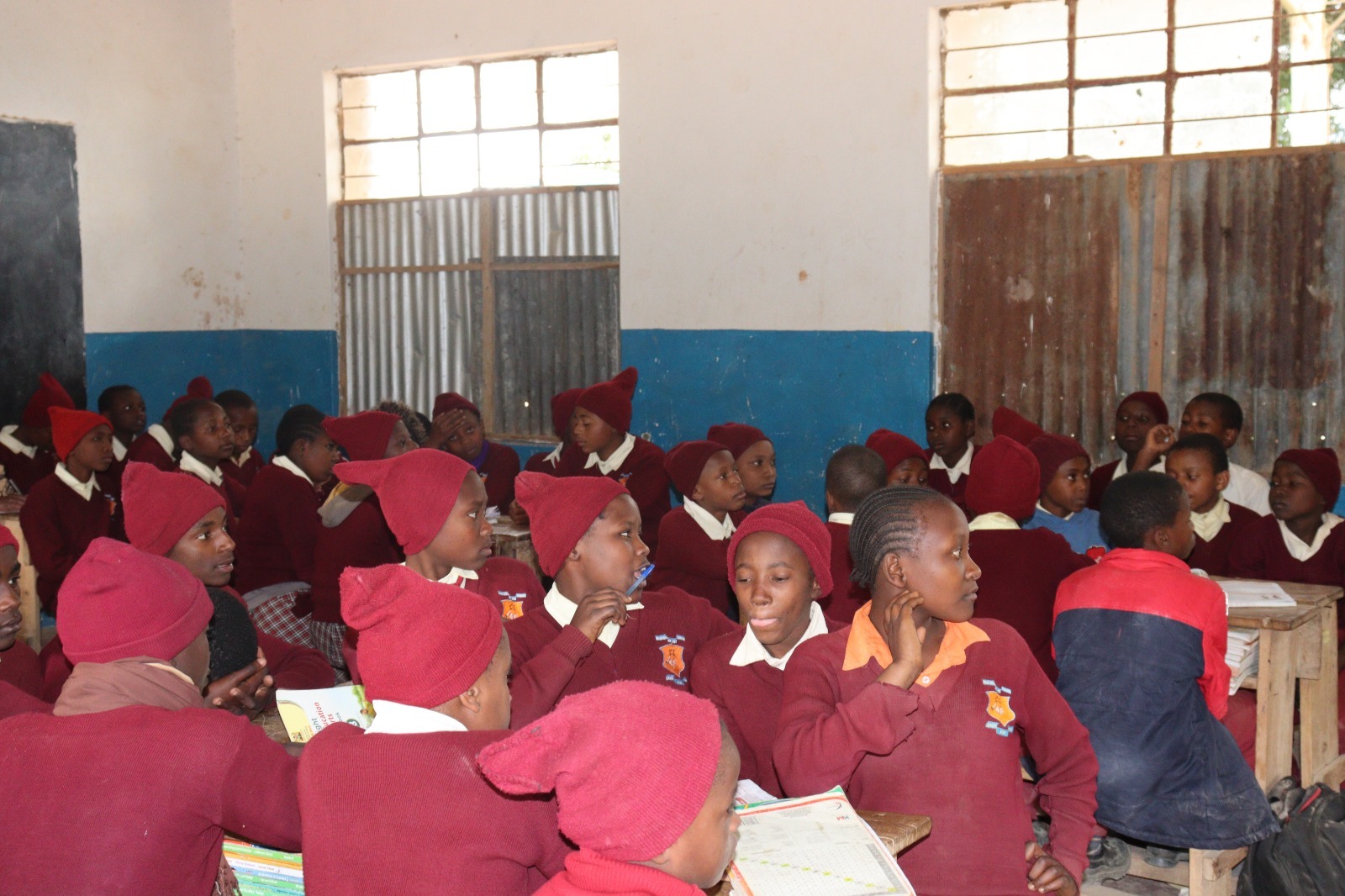
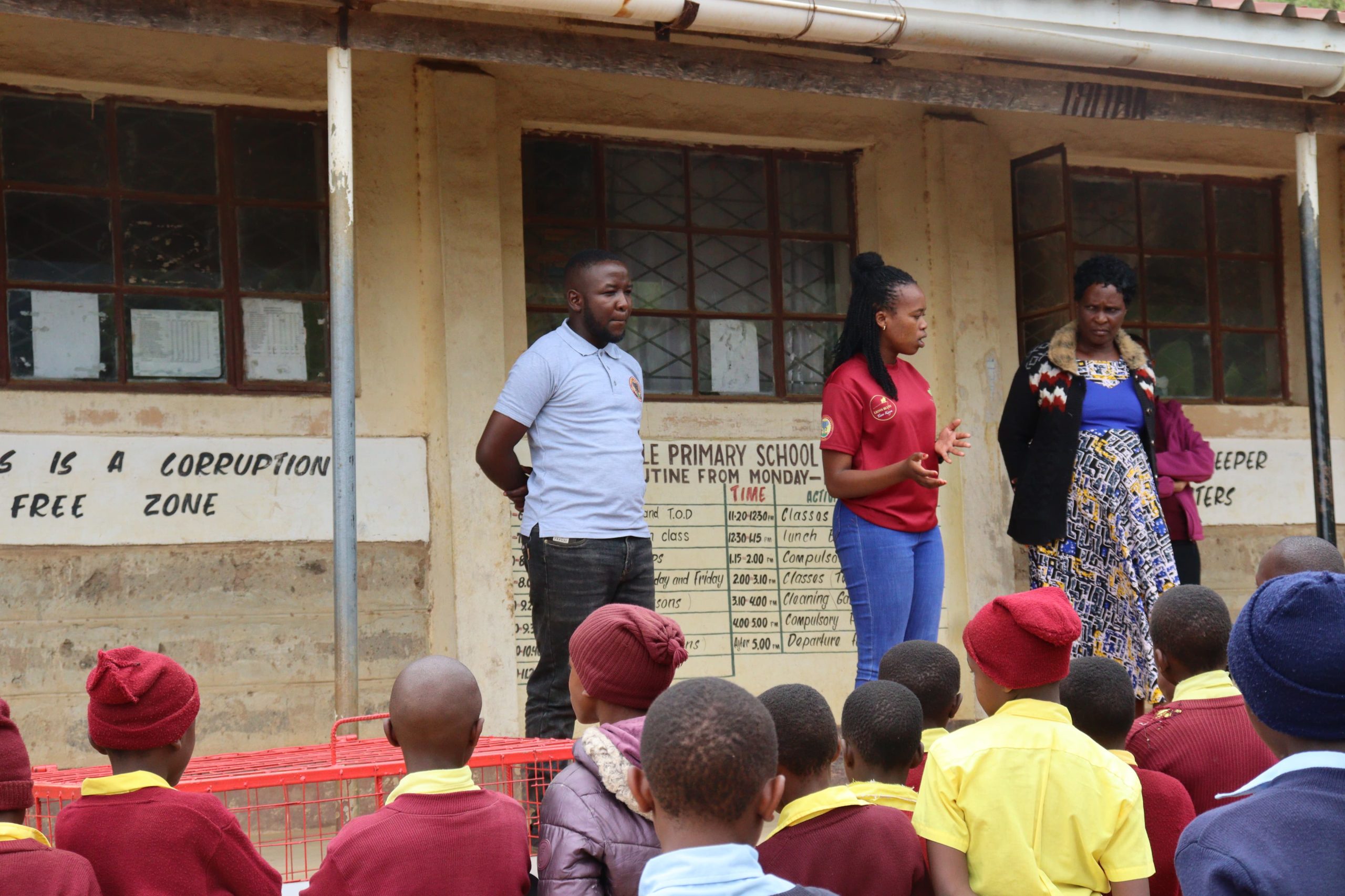
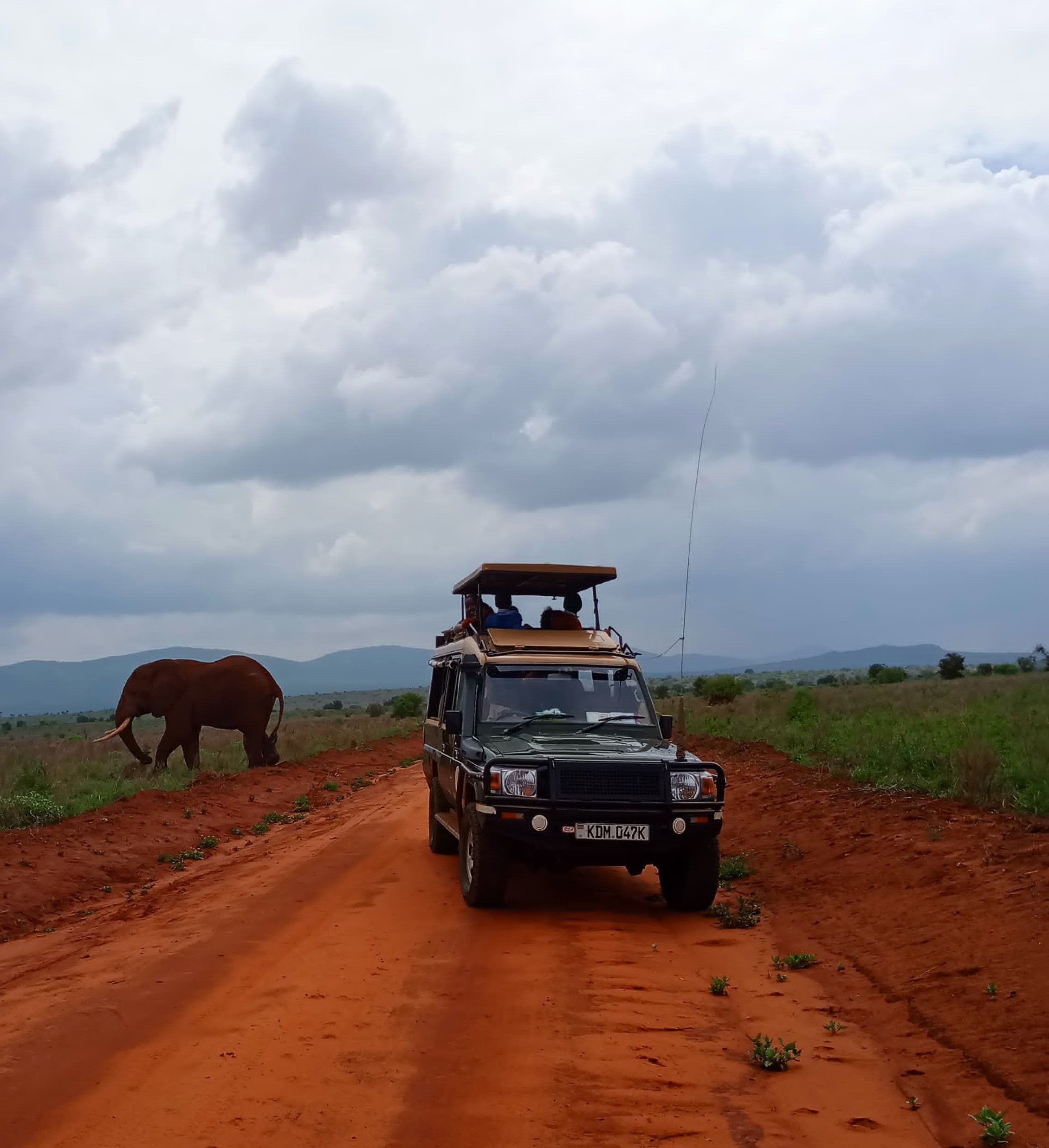
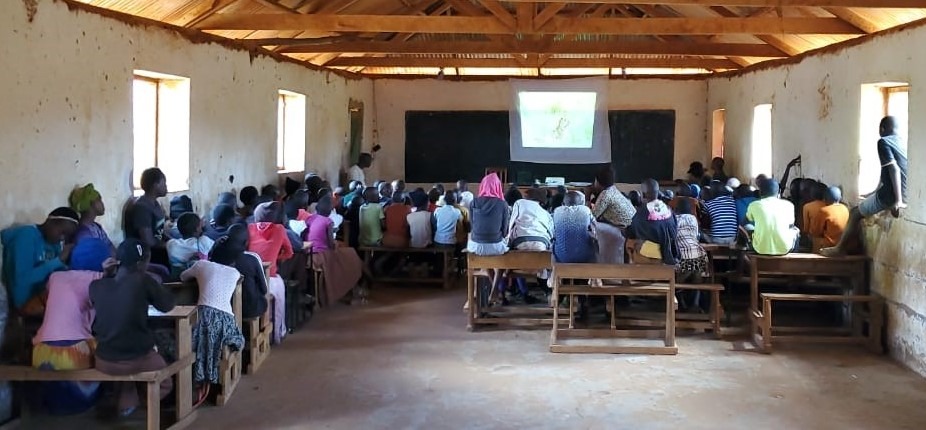
Community Development Projects
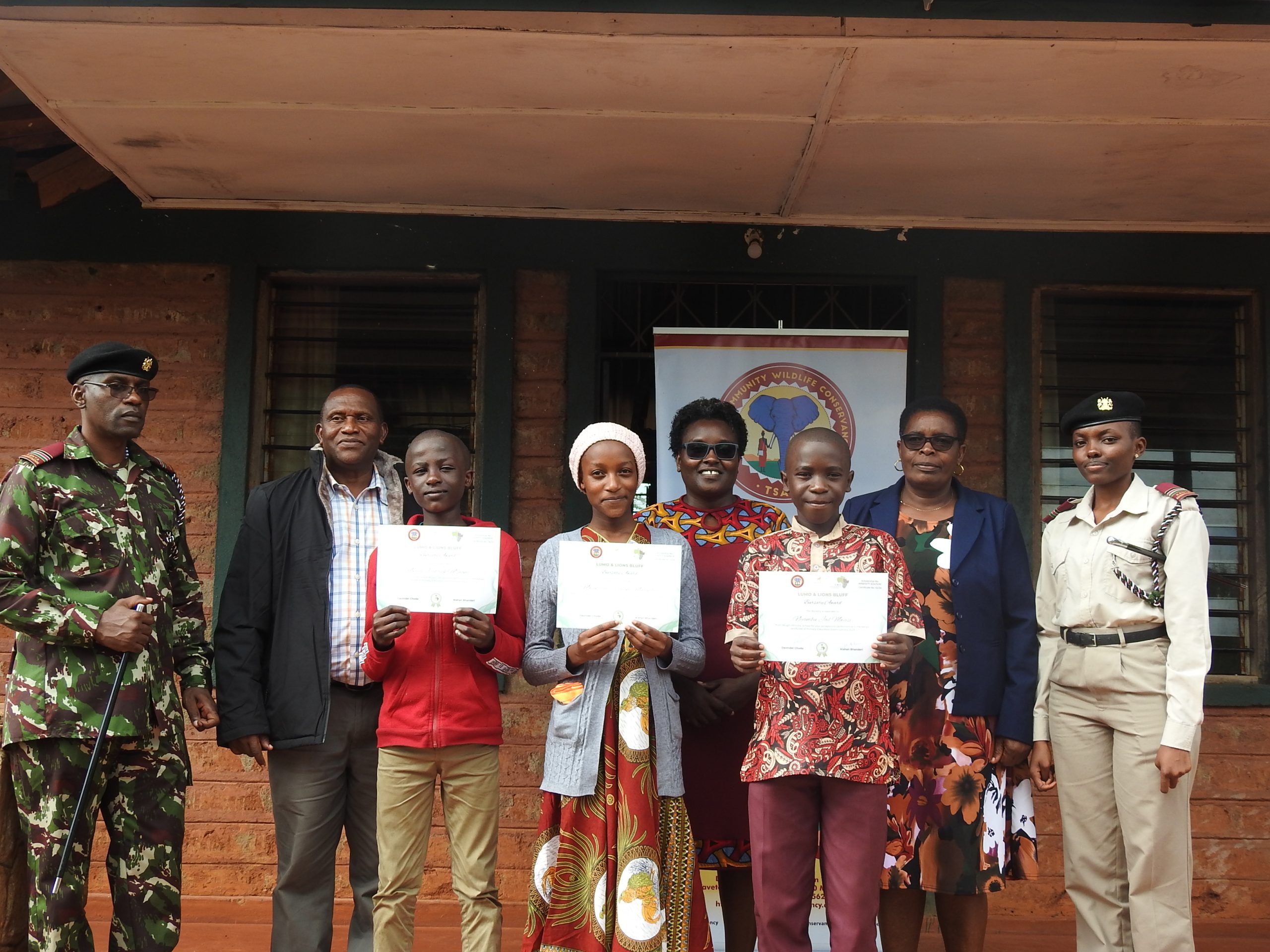
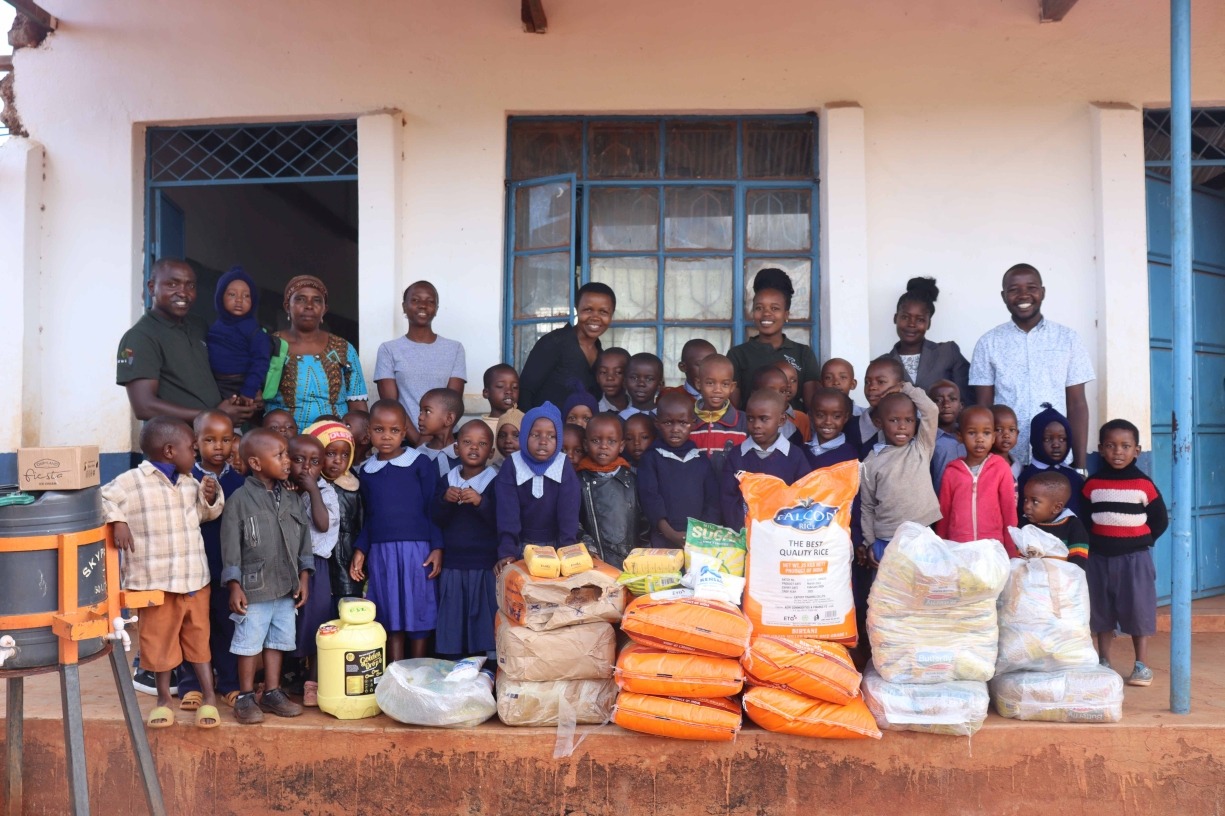
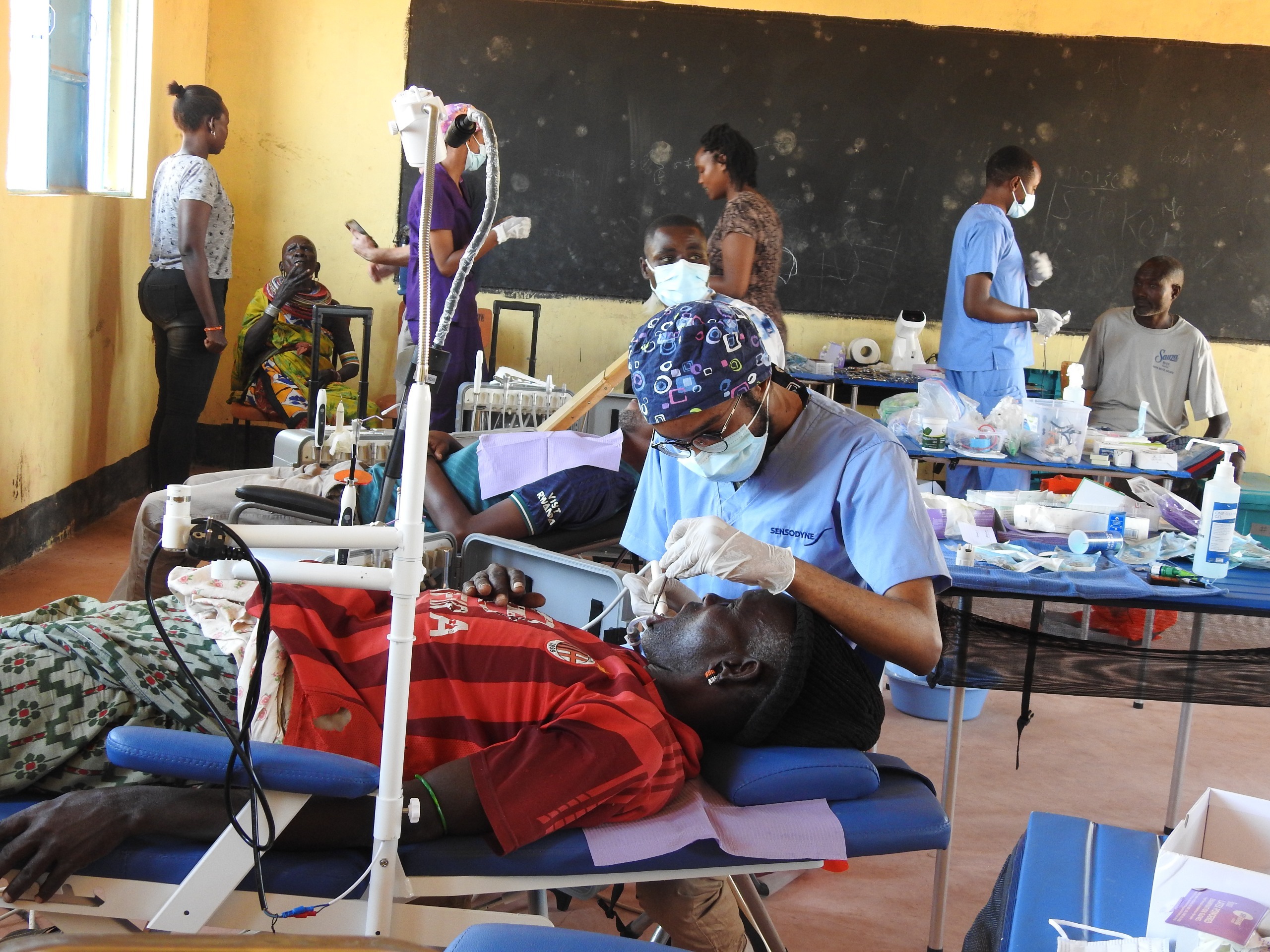
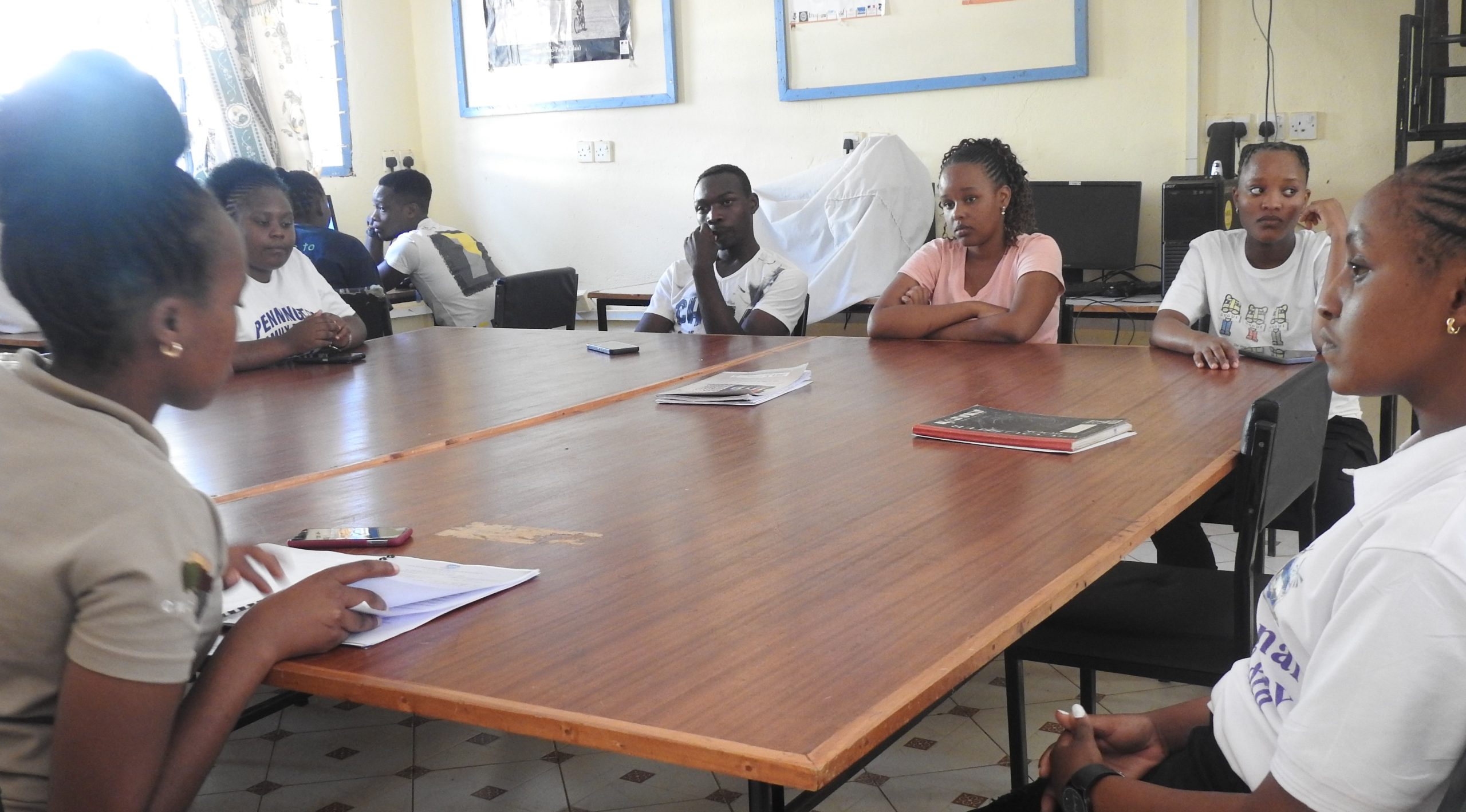
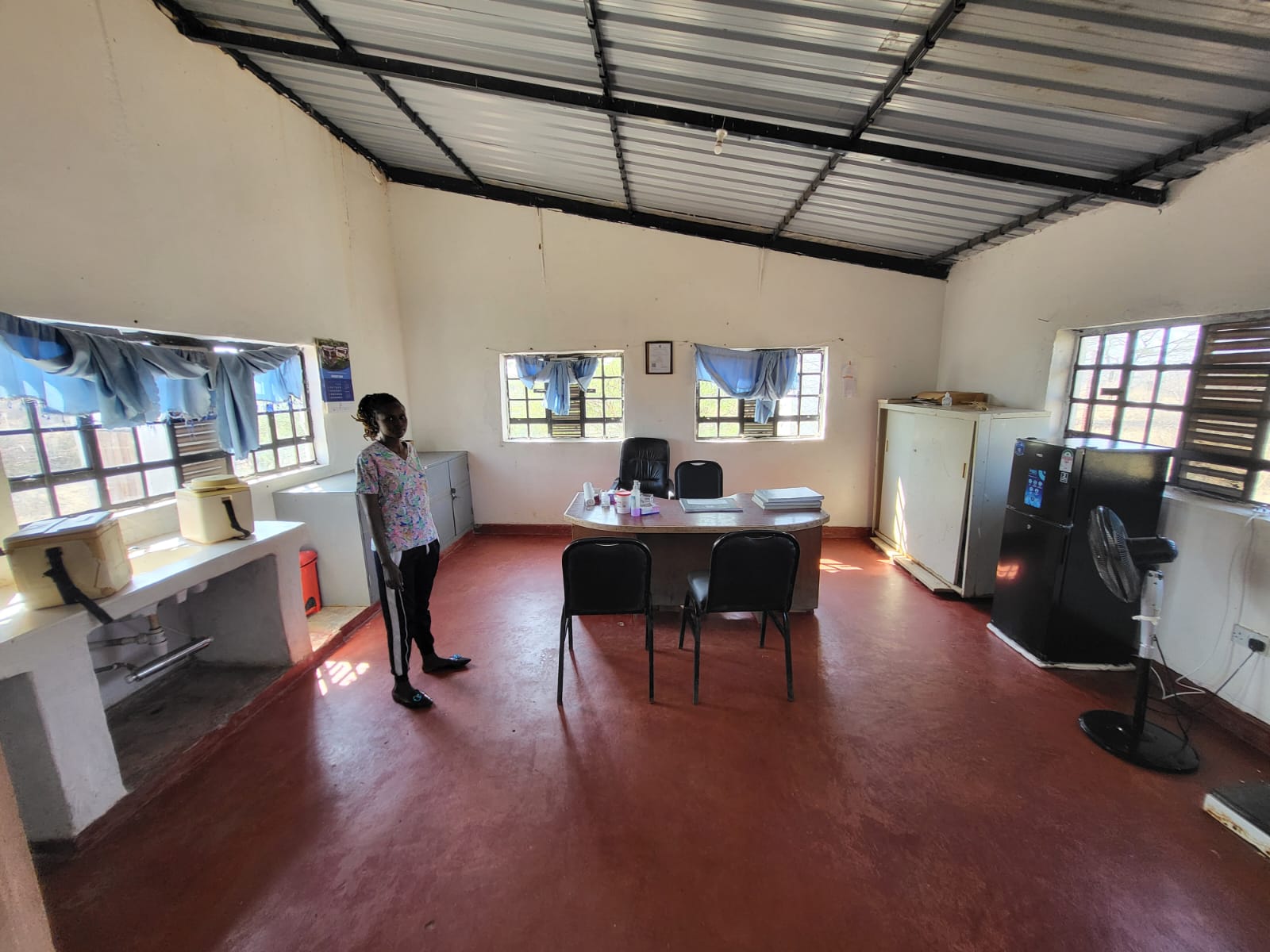
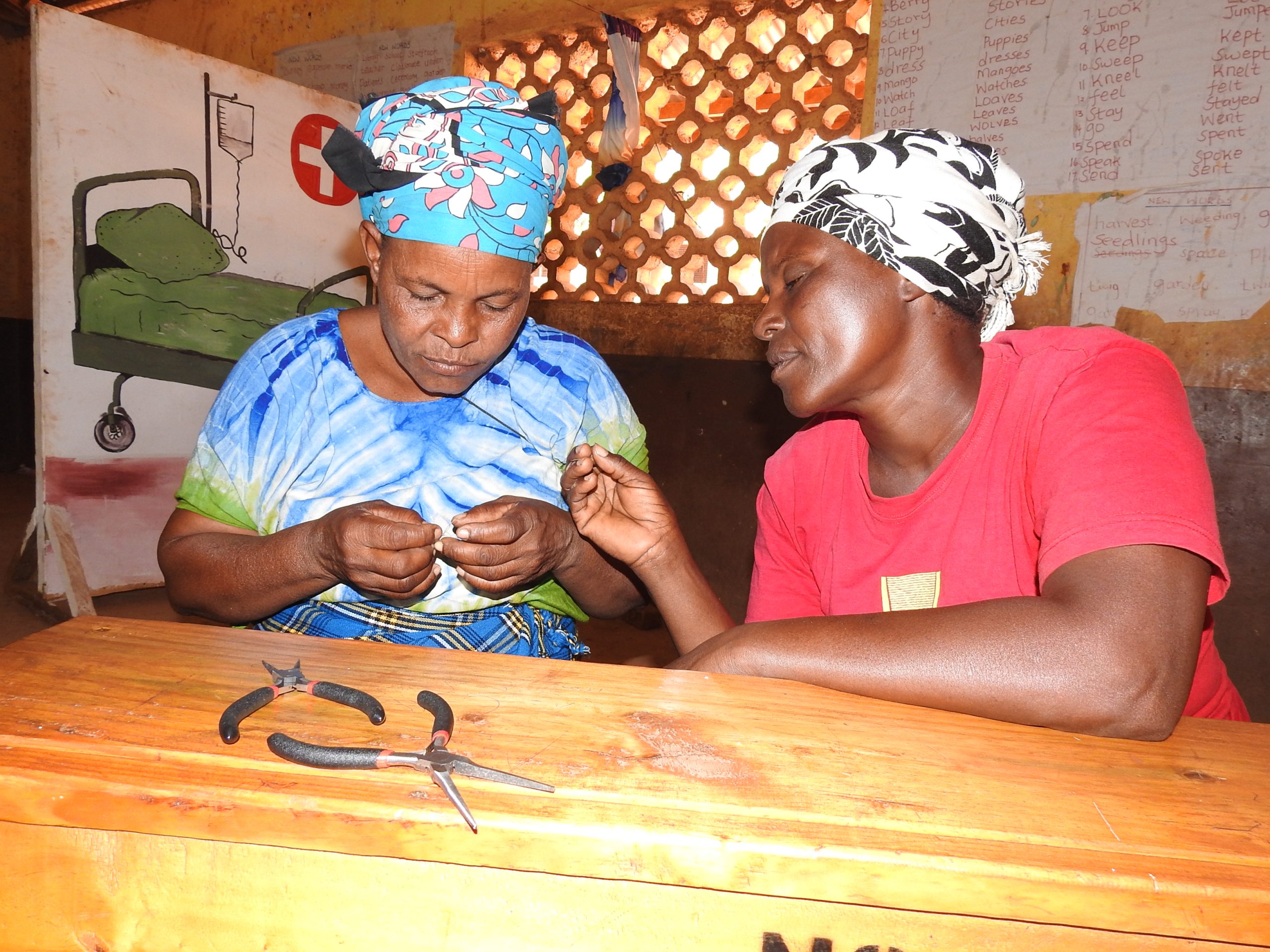
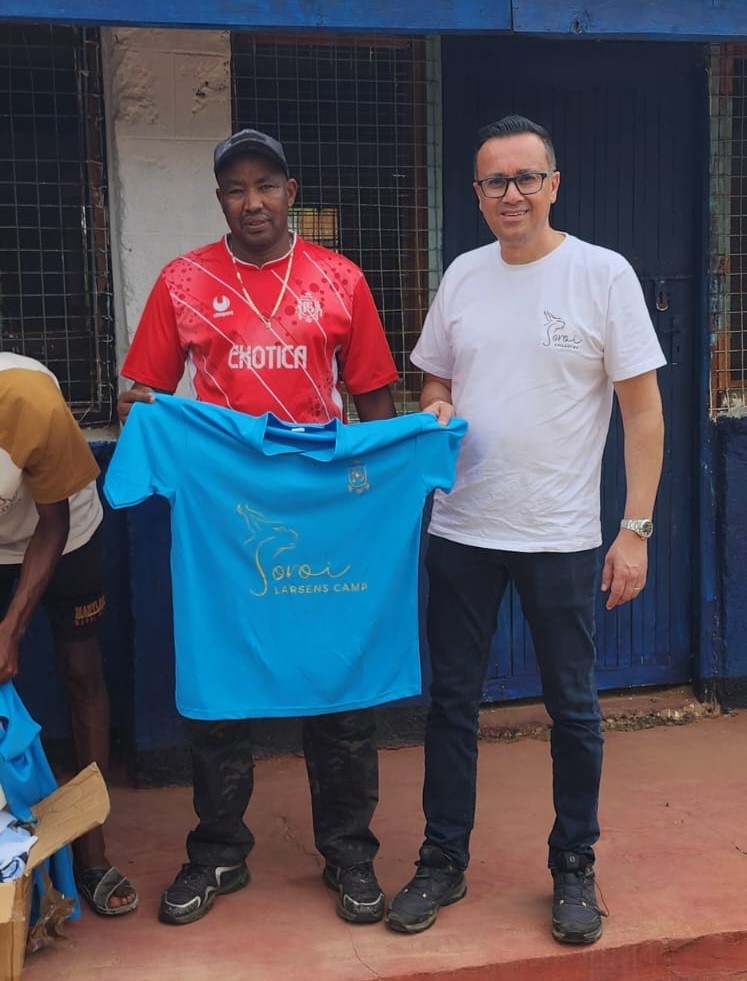
Wildlife Protection and Conservation
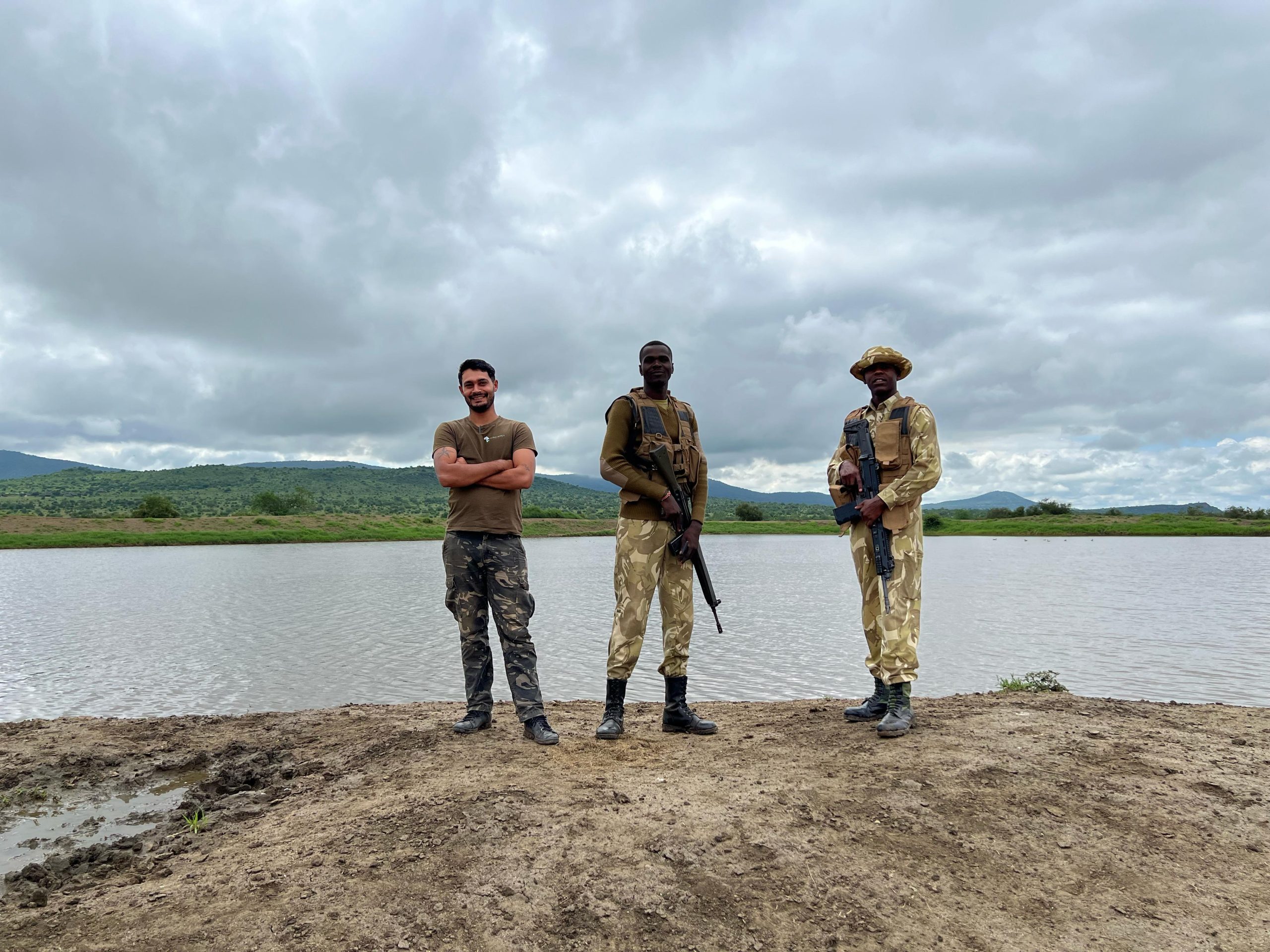
Wildlife Conservation Unit
Wildlife Conservation Unit: CWC has a dedicated conservation unit that operates in the LUMO Community Wildlife Conservancy in collaboration with the Kenya Wildlife Service and Kenya Forest Service to effectively deter bushmeat & trophy poaching, logging and charcoal burning, and other threats such as illegal grazing, illegal mining, and bush fires. The team is primarily concerned with the protection of wildlife and its habitat. By enforcing state laws and collaborating with other stakeholders to maximize penalties for wildlife crimes through the local administration. So far, in this quarter, we have had:
- Justice for wildlife: 5 arrests, 1 escaped suspect and 1 pending court hearing
- Poaching recoveries: 28 snares removed, 254.3kg of bushmeat confiscated
- Forestry recoveries: 15 cases of logs/firewood stopped, 4 charcoal kilns destroyed, 22 bags of charcoal seized, 1 pending hearing.
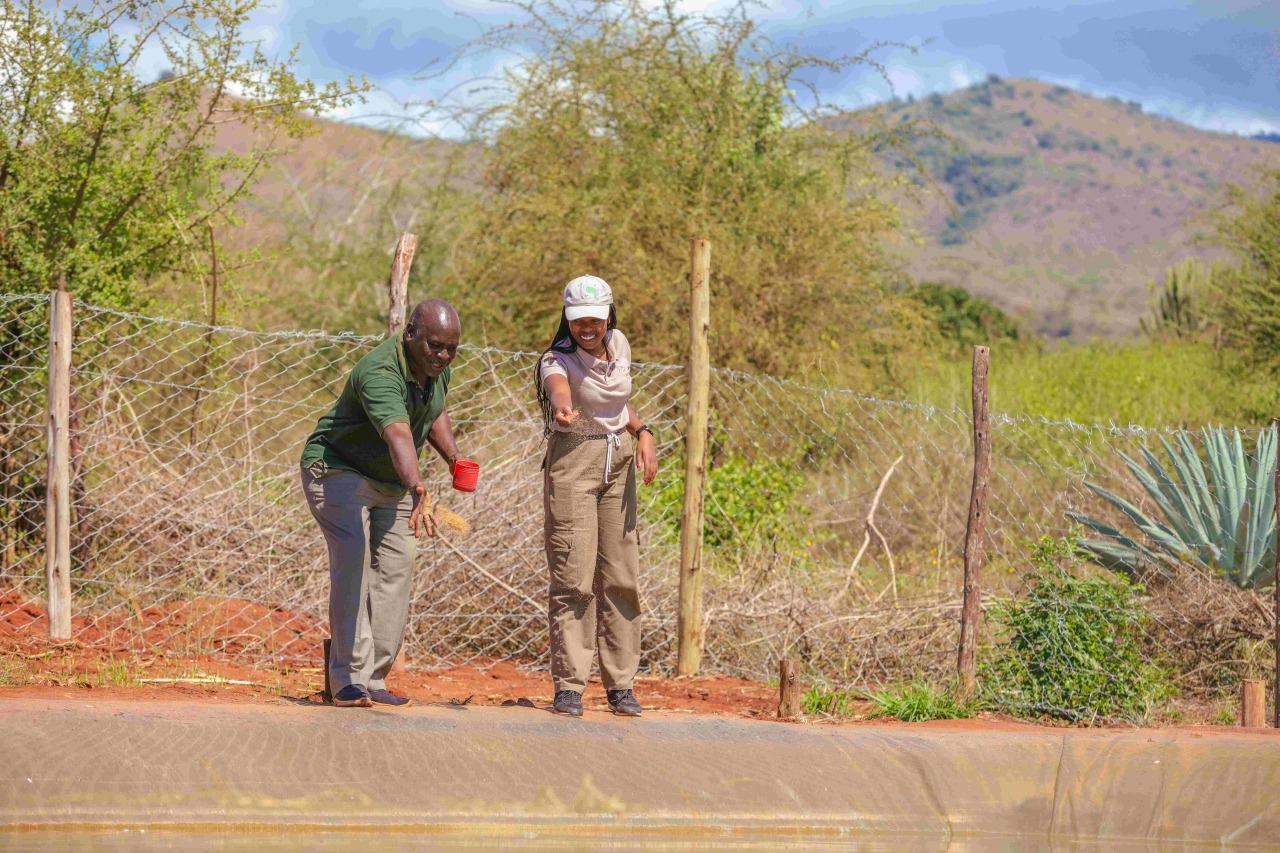
Aquaculture Project – LUMO
We constructed our 1st fish pond project, which we stocked with 1500 fingerlings. This is one of the anti-poaching initiatives at LUMO Community Wildlife Conservancy aiming to strengthen wildlife protection and create awareness against bushmeat, aiming to provide an alternative source of protein for the LUMO Community to substitute the bushmeat market. The project is based on one of the community members’ lands, thus, being responsible for its security, overseeing the fish feeding, marketing the produce among community members, and creating wildlife conservation awareness.
From engagement meetings, the community agreed to support and buy from the project, to create employment opportunities for youths who can be tempted to engage in poaching activities, to earn a living.
Other benefits from the project will go to the community include;
- The pond will be a learning ground for the community so that they can develop such a project, with our help or not.
- The fish pond will employ one of the community members – a suspected poacher, who will be identified by the committee chosen by the community.
- The pond should at least fund one/two students in the local day school who will be identified by the project committee.
Partnerships, Community Service, and Others
Partnership with Transform Samburu Affirmative Project (TSAP) and Exotica Football Club
On April 19, Larsens Camp staff, led by the Camp Manager, attended a clean-up activity at Archers Post town organized by Transform Samburu Affirmative Project (TSAP). They then collected plastics that were ferried to Nairobi by CWC for recycling. The proceeds from the plastics will then be used to buy supporting supplies for the group. This is a continuation of the initiative started by the CWC clean-up activity at Archers Post to make the town clean. During this period, the Exotica FC and Transform Samburu Affirmative Project received their plastics cages to put in plastics after collection. In addition, the TSAP received a flexible banner, as a reward bought from the proceeds of plastics collected during the clean-up activity done at archers post on 10th February, 2024.
Community Service & Support
- We joined the Open Defecation Free Celebrations of Ng’ombenyi, Runda, and Madangonyi villages, some of the communities of LUMO Conservancy, and part of the LUMO community. The Community Led Total Sanitation (CLTS) campaign led by the Public Health Department, World Vision, and other stakeholders, began 10 years ago. During the baraza, we discussed bushmeat poaching from the conservancy, and our vision as CWC to create an alternative affordable source of protein to bushmeat by establishing a fish pond project in the area. With more awareness of the importance of wildlife conservation and the provision of an alternative source of protein, we will reduce the bushmeat market, thus eventually reducing poaching incidences from the conservancy.
- We distributed 25 eco-friendly bottles to every ranger at LUMO Community Wildlife Conservancy, a donation from Kampur Travel Diaries. The bottles are double-walled – walled vacuum insulated, to ensure maintenance of the temperature of their drinks whether under the hot sun during the day, or cold night as they do their patrols.
- Also, supported the Kenya Wildlife Service – Maktau Branch with snacks to support pre-ceding activities to World Wildlife Day – 3rd March. Led by the Tsavo Southern Sector Warden, Mr.Kavi, the Maktau KWS team, and the community members, desilted a community water pan, which when holds rainwater, will reduce the pressure of livestock on the conservancy/park water pans.
- We are hosting 2 youths, sent by Maktau Special School, who did a selection from the timber off-cuts at the Lodge. They will use some for firewood, and different timber uses. Maktau Special School provides care and education to pupils will cerebral palsy, and has a roll of 30 students.
Important National and International Environmental Dates
National Tree Growing Day
We spent the ‘tree growing day’ on 10th May 2024, at LUMO Community Wildlife Conservancy with Tourism and Wildlife Cabinet Secretary Dr. Alfred Mutua. This was in remembrance of all the Kenyans who lost their lives during recent floods. We managed to plant 6000 trees all in the conservancy area. Among other dignitaries were the Taita Taveta County Governor, Deputy Governor, the Women Representative, Mwatate MP, Deputy County commissioner, the assistant County commissioner, and other county leaders. Community members and other stakeholders joined in making the activity successful.
World Environment Day
On June 5th, we joined the LUMO Youth Forum to celebrate World Environment Day 2024 at LUMO Community Wildlife Conservancy. With the theme “Land restoration, desertification, and drought resilience”, we were involved in a discussion about invasive species and weeds and their effects on ecosystems, by experts from the Wildlife Research and Training Institute.
We later proceeded to an area in the conservancy to physically cut down the weed – Ipomoea hildebrandtii, as a mechanical way of controlling weeds. This will ensure grass re-growth, ensuring a more stable ecosystem that provides pasture to wild animals.
VOLUNTEERS
During the year, we have had volunteers who joined to support CWC Activities. The volunteers engage in different projects including the ‘Plastics for Books’ project, facilitating ICT lessons at Mlughi Digital Lab reaching over 200 pupils from different schools; joining Kenya Wildlife Service rangers for patrols and de-snaring; teaching Ukulele lessons and other activities at the lodge.
Thank you for being part of our journey at Community & Wildlife Conservation.
Together, we are creating a sustainable future for both communities and wildlife. Stay tuned for more updates on our impactful projects!
